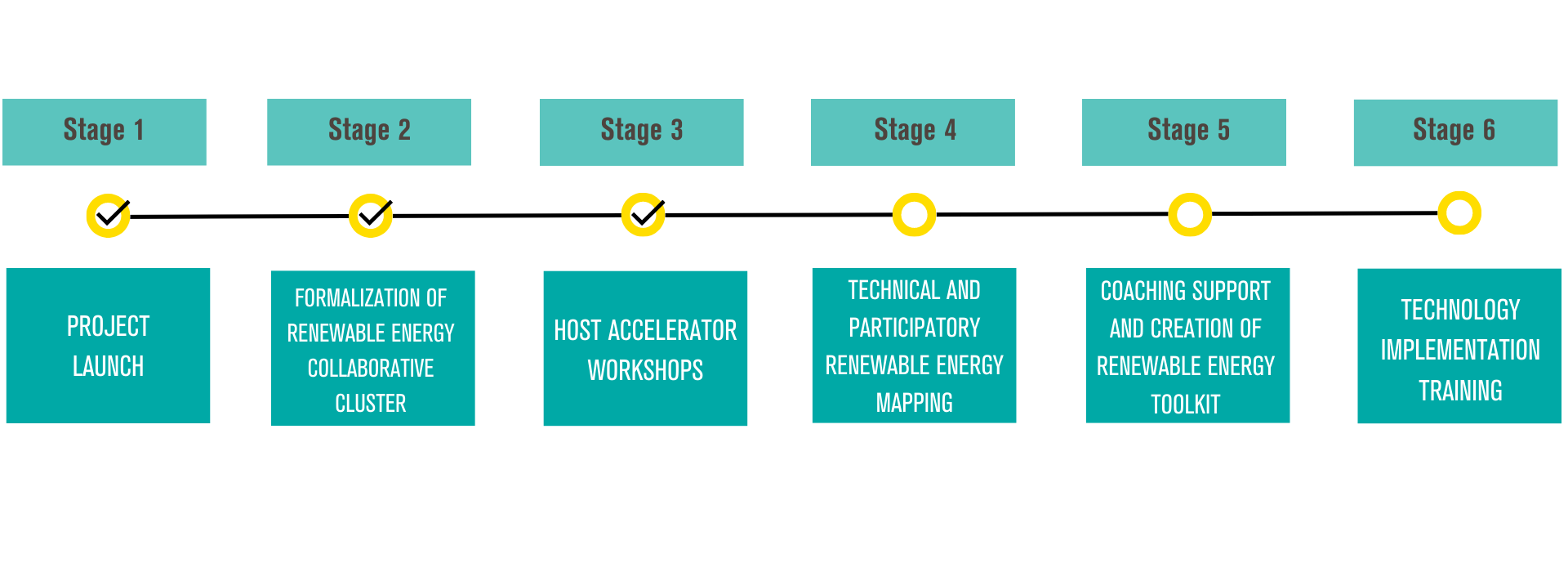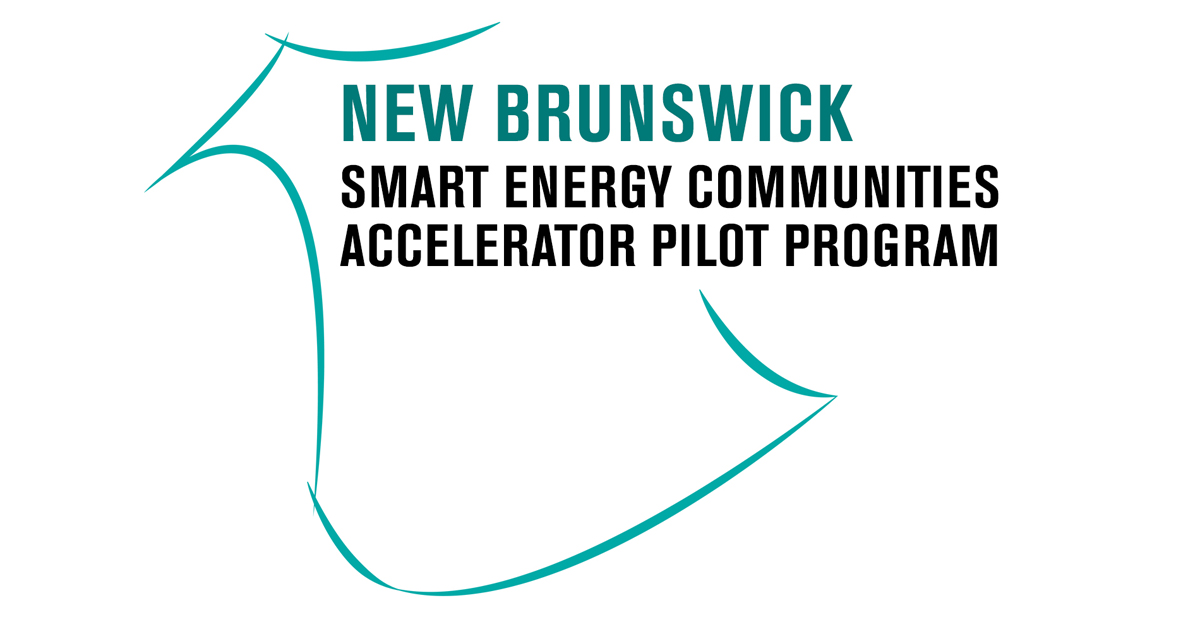Accelerating Implementation of Renewable Energy for Indigenous Communities
QUEST Canada Launches its Accelerating the Implementation of Renewable Energy in Indigenous Communities Project
QUEST Canada is pleased to announce the launch of its project, Accelerating the Implementation of Renewable Energy in Indigenous Communities, an innovative initiative that enables remote Indigenous communities to build local capacity to accelerate renewable energy projects, building a pathway to net-zero. Read the News ReleaseAbout the Project
Accelerating Implementation of Renewable Energy (AIRE) for Indigenous Communities is a three-year project designed to help rural and remote Indigenous communities reach emission reduction targets by increasing their capacity to plan and implement land-based renewable energy initiatives (solar, wind, biomass, and geo-thermal). This project supports rural, remote Indigenous communities on their pathway to net-zero.
The project provides participating Indigenous communities with the information and tools necessary to better assess, identify, and access renewable energy opportunities.
QUEST Canada will develop a publicly available toolkit that rural and remote Indigenous communities and partnering stakeholders can reference to establish and deploy a deeper collaborative planning processes for local renewable energy development. The toolkit will be developed and made available at the end of the project.
Timeline
The project consists of six stages, each designed to support communities on their pathway to net-zero.

“The collaborative work between QUEST Canada, the University of Saskatchewan, and the Peter Ballantyne Group of Companies is key to advancing energy security in the North, but also creating a sustainable future for generations to come. By working together, we are discovering the untapped potential of renewable energy and finding ways to align energy development with community values. This partnership not only benefits the environment but also provides valuable training opportunities for the next generation of leaders, ensuring that they are equipped with the necessary skills to build a better world.”
Participating Communities
Frog Lake First Nation (FLFN) in rural Alberta and two remote Indigenous communities governed by Peter Ballantyne Cree Nation (PBCN)—an Asinīskāwitiniwak First Nation band government in Northern Saskatchewan (consisting of eight communities)—will participate in the project.
Partners & Supporters
Partners
Supporters
For more information about this project, please contact Omar Farag, Senior Lead of Projects, at [email protected] or 866-494-2770 ext. 717.
Empowering Canadian Communities
QUEST Canada develops and implements projects with the aim to nurture strategic partnerships, facilitate connections, empower community champions, and influence decisions makers, supporting communities across Canada on their pathway to net-zero. Find out more about our projects:
Energy Transition Policy Program
The objective of QUEST Canada’s Energy Transition Policy Program is to engage in a collaborative discussion with energy decision-makers to align climate and energy transition planning and policies that will facilitate sustainable community energy systems in support of a net-zero carbon (carbon neutral) economy by 2050.
NCA: Prairies Cohort
The NCA Program’s inaugural cohort, the Prairies Cohort, is currently comprised of ten participating communities from Alberta, Manitoba, and Saskatchewan.
New Brunswick Smart Energy Communities Accelerator Pilot Program
The NB SECA Pilot Program successfully established a community energy planning accelerator to assist a series of New Brunswick communities and one First Nation, equipping them with the tools and knowledge to develop and implement community energy plans and understand the net economic benefit they can provide.








